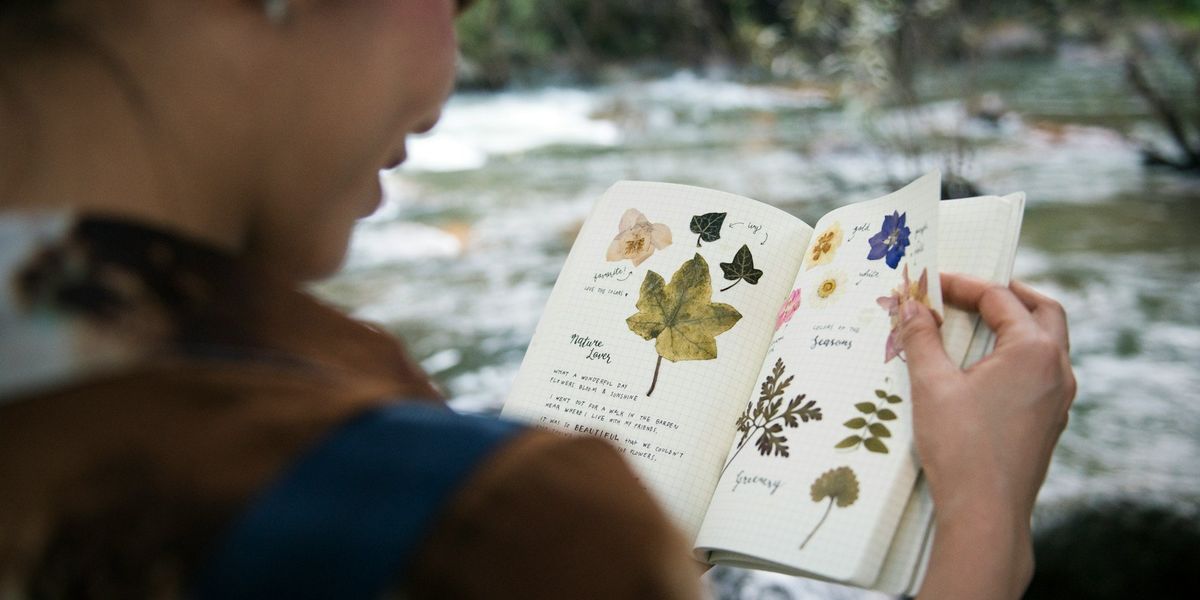
Texas prisons face legal reckoning over dangerous summer heat, but no AC order yet
A federal judge ruled that extreme heat in Texas prisons violates constitutional protections but stopped short of ordering the state to install air conditioning.
Jim Vertuno reports for The Associated Press.
In short:
- A federal judge found that the heat in Texas prisons likely constitutes cruel and unusual punishment but declined to mandate immediate installation of air conditioning due to cost and logistical concerns.
- The ruling stems from a 2023 lawsuit originally filed by Bernie Tiede, later joined by multiple prisoner rights groups, alleging life-threatening conditions inside overheated facilities.
- Only about one-third of Texas prison units are fully air-conditioned, and prison officials acknowledge that both staff and inmates fall ill from the heat, with some deaths linked to extreme temperatures.
Key quote:
“This case concerns the plainly unconstitutional treatment of some of the most vulnerable, marginalized members of our society.”
— U.S. District Judge Robert Pitman
Why this matters:
As climate change intensifies and summer temperatures shatter records across the United States, a growing crisis is unfolding behind prison walls — particularly in states like Texas, where most correctional facilities still lack air conditioning. Incarcerated individuals are increasingly trapped in sweltering cells that often exceed 100 degrees Fahrenheit, with some readings reaching an astonishing 120 degrees. These conditions have been linked to serious health outcomes ranging from dehydration to heatstroke and death.
A 2022 study found that extreme heat was likely responsible for hundreds of inmate deaths in Texas over the past two decades, raising urgent concerns about what will happen as summers grow even hotter. Despite some stopgap measures like fans, limited air-conditioned “respite areas,” and hydration protocols, critics argue that the state’s approach has been insufficient and dangerously slow. Unlike those on the outside, people in prison cannot seek shade, adjust a thermostat, or leave the premises, making them uniquely vulnerable. The situation is drawing renewed scrutiny not just from public health officials and environmental advocates but from human rights organizations, who point to a deeper moral and legal failure to safeguard the lives of those in state custody.
Read more: Prisoners in Texas sue over unsafe heat conditions














